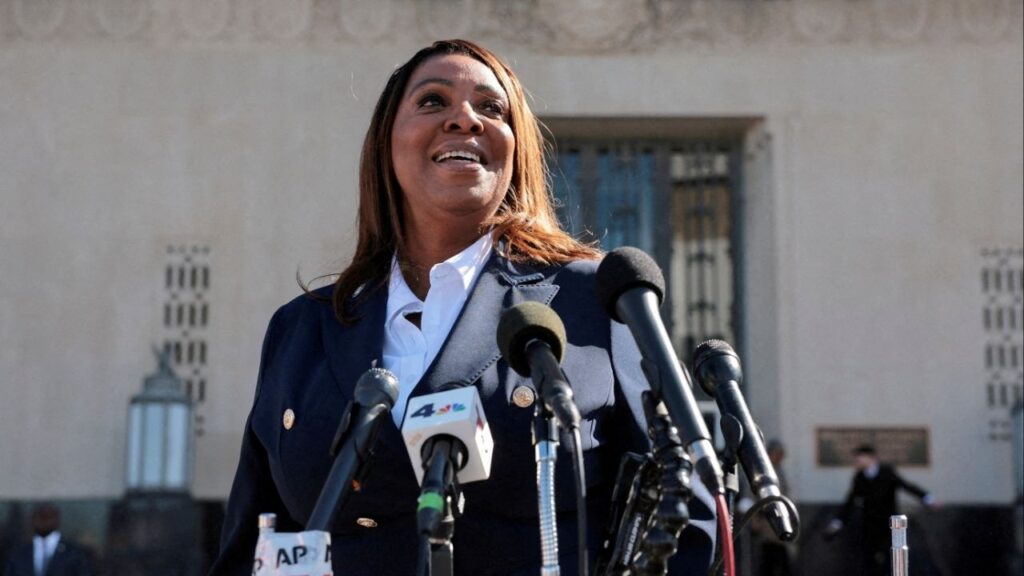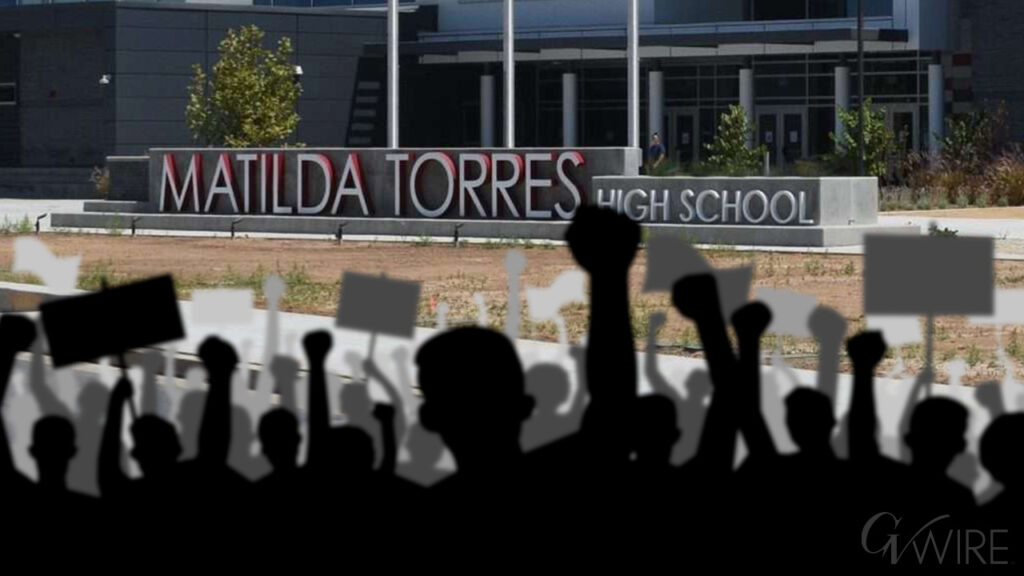Share
|
Getting your Trinity Audio player ready...
|
More than 100 parents, students, and community activists — many wearing traditional Hmong clothing and necklaces — implored the Clovis Unified School Board on Wednesday not to allow the cancellation of Hmong language elective classes at Buchanan and Clovis high schools this fall.
Concerns arose when the former teacher, Vicky Xiong-Lor, resigned after a 25-year career to teach at Fresno State and the district made no move to replace her.
Xiong-Lor had been splitting her teaching time between Buchanan and Clovis high schools, working part-time at each school.
Clovis East, which has a sizable population of Hmong students, has a full-time Hmong language teacher.
Students told the School Board about how the language classes had given them the fluency to be able to speak with older relatives. In addition, they are able to learn more about what their parents and grandparents endured in their journey to America from southeast Asia, where the Hmong sided with U.S. forces against the Viet Cong during the Vietnam War.
It’s an equity issue as well as an educational issue, said Katie Moua, director of Hmong Innovating Politics, a Sacramento-based nonprofit.
“By canceling these courses and not fully investing in them, Clovis Unified is doing a large disservice to the whole community,” Moua said.
“It is really disappointing to see a school district that benefits from Hmong students and families so easily cancel our Hmong classes and spaces for students to not only learn about the language but to engage in learning about Hmong culture and history. The move to cancel these Hmong language classes is inequitable and further perpetuates the historical trauma we face as a refugee community.”
Classes Not Canceled
After hearing the public comment, Superintendent Corrine Folmer reassured the audience that the district isn’t canceling the classes and is in the process of finding Xiong-Lor’s replacement.
She started out by apologizing that the district had not done a good enough job communicating “about how we staff and assess our elective offerings at the high school level, and I commit that we will do better about that.”
But Folmer noted that the students and parents could give the elective classes a boost if more students registered for them to reflect the interest that was obvious at Wednesday’s School Board meeting.
“You being here tonight indicates that there may be a greater need than what is coming forward through our registration process,” she said.
Hmong is not the only elective language with a teacher’s time split between two schools, she said. That’s also happening with Chinese language classes.
Adjusting Class Schedules
The district continues to review student interest, district resources, and scheduling when evaluating courses, Folmer said. And to make sure that students at one school don’t have to wait in another teacher’s classroom for the arrival of their Hmong language teacher, the district will schedule Hmong classes at one school in the morning and the other school in the afternoon, she said.
Clovis Unified did not hire Xiong-Lor’s replacement immediately because it was following a process that’s been in effect for some time after a teacher leaves, which is to conduct an analysis on whether to hire someone full-time, part-time, or discontinue a class, district spokeswoman Kelly Avants said.
“That process took place over summer and included reviewing the number of requests we had at the two schools for Hmong language classes from students during our early spring registration,” Avants said. “We had a low number of requests that required further discussion that concluded with the decision to hire for the position with the intent to also develop a plan to encourage interest in the classes in the future.”
RELATED TOPICS:
Categories

Lululemon Athletica CEO to Step Down in January

















